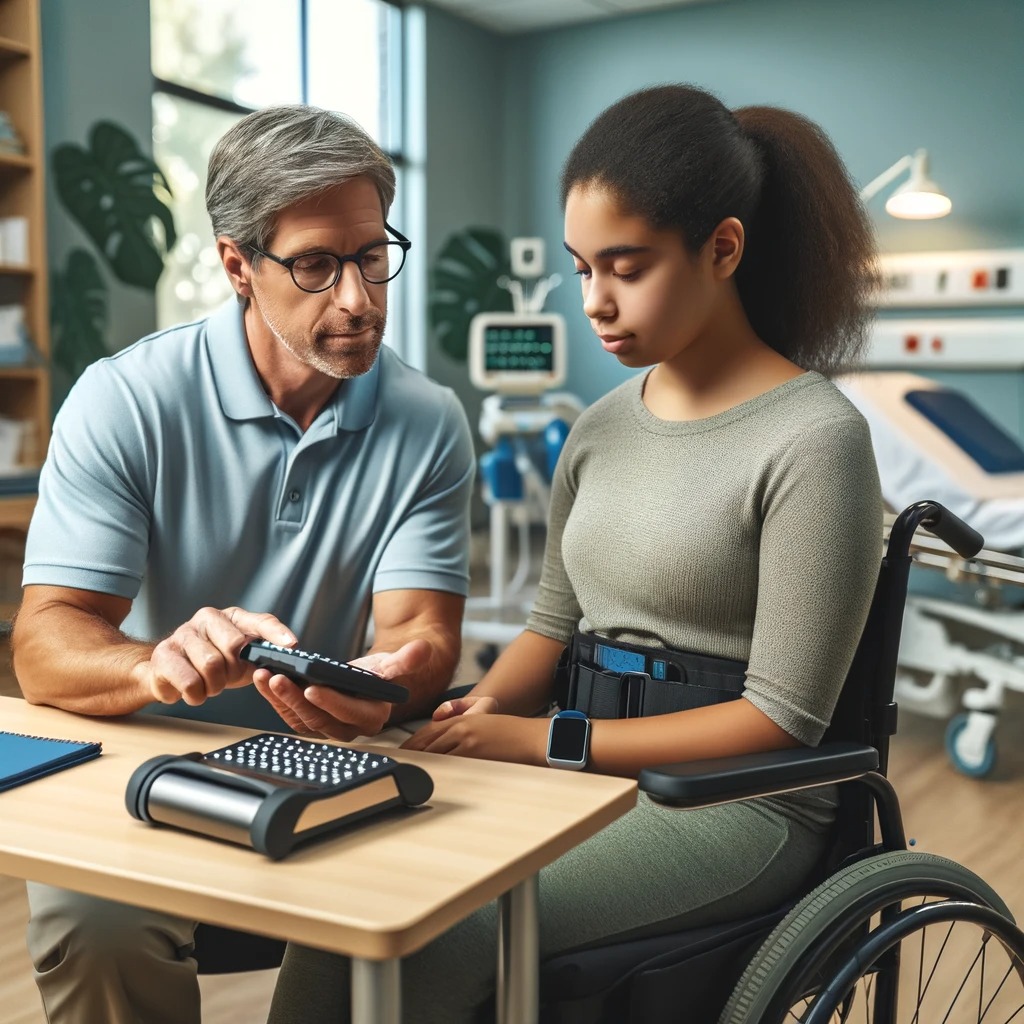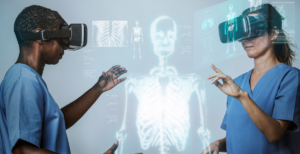Unlocking Potential through Innovation: How ATPs Enhance Lives with Customized Technological Solutions
Regarding rehabilitation, the term ATP takes on a unique meaning. An ATP, or Assistive Technology Professional, is a specialist who plays a pivotal role in supporting individuals with disabilities. Their expertise lies in enhancing the ability of these individuals to perform tasks that would otherwise be challenging or even impossible. This support is primarily provided through assistive technology—tools and equipment specifically designed to assist people with physical, sensory, or cognitive disabilities in performing otherwise tricky functions.
Here’s what an ATP typically does in the rehabilitation setting:
- Assessment of Needs: ATPs conduct thorough inspections to understand their client’s needs and capabilities. This includes evaluating the individual’s physical environment, daily activities, and personal goals.
- Customization and Adaptation: They customize or adapt existing devices to better meet the client’s needs. This could involve adjusting the settings, adding accessories, or even building custom solutions when off-the-shelf products are inadequate.
- Recommendation of Assistive Devices: ATPs know the wide range of assistive technologies available. They recommend devices that help individuals perform mobility, communication, learning, and daily living tasks more effectively.
- Implementation and Training: After selecting the appropriate devices, ATPs implement them into their clients’ daily lives. This also involves training the individual and their caregivers on using the technology effectively to ensure its benefit.
- ATPs continue lamenting assistive technology in their clients’ lives. They also provide ongoing support and follow-up visits to proactively adjust the devices as needed and troubleshoot any issues that may arise. Additionally, they regularly reassess the client’s needs to ensure the assistive technology remains effective and beneficial, making any necessary updates or changes. Advocacy and Education: ATPs often advocate for the rights of individuals with disabilities to access essential technologies and may also educate others about the benefits and uses of assistive technology.
In essence, ATPs play a crucial role in rehabilitation by empowering individuals with disabilities through technology, thereby enhancing their independence and quality of life.





